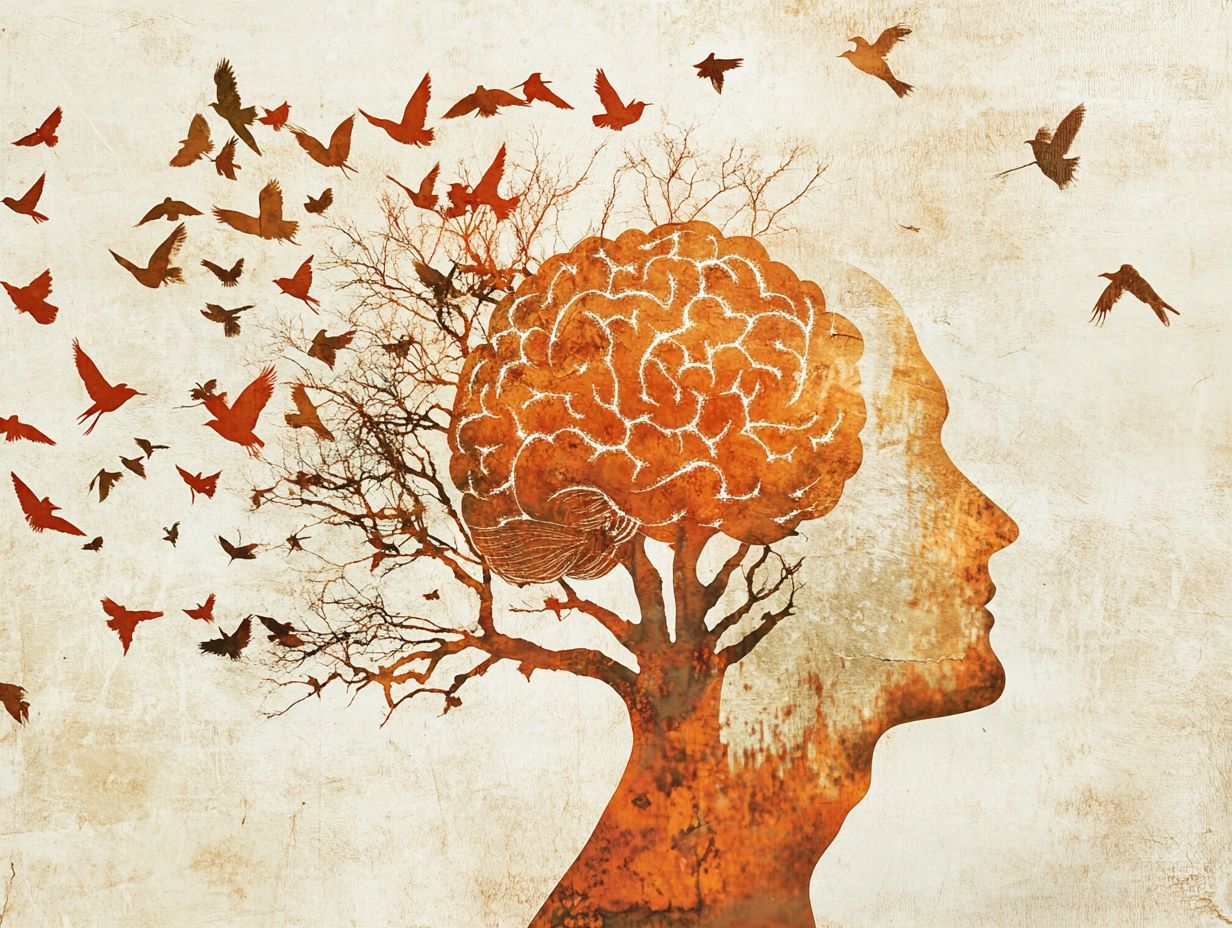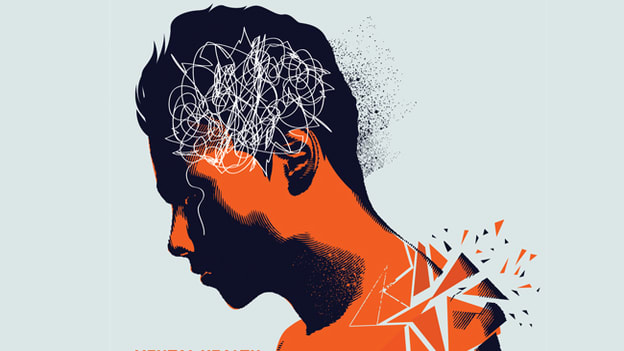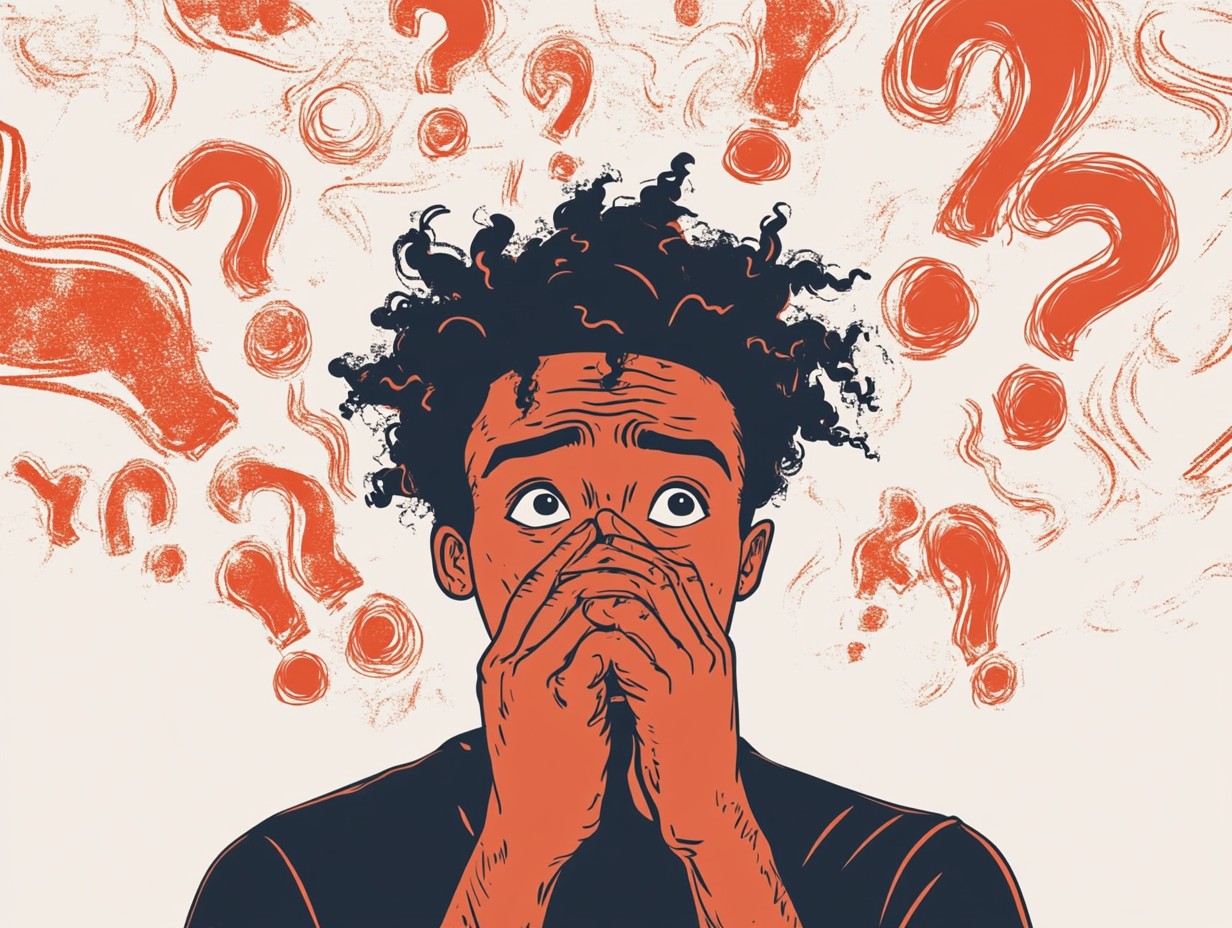Adapting to Change: The Impact of the U.S. Political Environment on Mental Health and Education

The United States is experiencing one of its most politically polarized eras in modern history. From culture wars in classrooms to growing anxiety around national elections, political rhetoric and policy shifts are no longer confined to Capitol Hill—they’re reaching directly into classrooms, living rooms, and counseling offices. The U.S. political climate has become an ever-present influence on both mental health and educational systems, creating stress, division, and a need for adaptive resilience.
Political Polarization and Emotional Fallout
The mental health consequences of political unrest are profound. Surveys from the American Psychological Association consistently show that more than half of U.S. adults cite politics as a major source of stress. This is not limited to debates on cable news—these tensions ripple through social media, family gatherings, schools, and workplaces. Individuals feel increasingly unable to engage in dialogue without conflict, leading to emotional isolation, anxiety, and even depression.

Political Polarization and Emotional Fallout
For vulnerable populations, political decisions can affect not just emotions but tangible aspects of daily life. Executive orders, state-level legislation, and federal funding changes influence access to healthcare, legal protections, and education. Living under the uncertainty of shifting political tides fosters chronic stress, which can have long-term consequences for both mental and physical health.
Schools at the Center of Political Culture Wars
Education is one of the primary arenas where political debates manifest with force. Battles over curricula—particularly concerning race, gender, sexual identity, and history—are leading to massive changes. Teachers find themselves in the crosshairs of political battles, with many being disciplined or even fired for covering subjects deemed “controversial.”
This kind of educational change can affect learning environments. Students may feel unsafe, unwelcome, or devalued when their identities or family experiences are excluded from or attacked in the curriculum or when the curriculum seems to oppose their cultural identity. It also reduces the richness of education, depriving students of the critical thinking skills needed in a democratic society.

Schools at the Center of Political Culture Wars
For educators, the pressure is immense. Navigating these new laws while remaining true to their training, values, and students’ needs is emotionally and professionally exhausting. Many report increased stress, burnout, and a desire to leave the profession entirely. The impact on mental health among teachers—already under strain post-COVID—is becoming a crisis of its own.
Check Out: The Prolific Growth of MindSet in Georgia and Its Cultural Impact
Heightened Anxiety in the Age of Misinformation
The politicization of education is exacerbated by the growing prevalence of the debate in all areas of our culture. Parents, students, and educators alike are bombarded by viral videos, political talking points, and social media campaigns that distort facts and generate outrage. In this hyper-reactive environment, conflicts between school boards and families have escalated, leading to protest-filled meetings and legal disputes.

Heightened Anxiety in the Age of Misinformation
This constant exposure to alarmist media—often designed to spark fear or anger—feeds a cycle of emotional exhaustion. Students feel the tension at home and school. Educators tiptoe through lesson plans. Parents grapple with whom to trust. This mistrust not only affects mental well-being but also undermines collaboration and communication, which are foundational to successful education.
Strategies to Build Resilience in the Face of Political Tension
In the face of these challenges, both educators and mental health professionals must work to build resilience—personally, within institutions, and at the community level.
1. Normalize and Encourage Open Dialogue. Creating safe spaces for discussion can alleviate anxiety. For students, this might mean classroom circles where feelings can be shared without judgment. For educators, regular check-ins and peer support groups can reduce feelings of isolation.
2. Implement Trauma-Informed Practices. Understanding that many students and teachers may be experiencing political trauma—whether related to immigration, race, or cultural identity—is crucial. Trauma-informed practices help build trust, ensure emotional safety, and foster healing.
3. Prioritize Mental Health Resources in Schools. Schools must invest in trained mental health professionals who are equipped to address the unique stressors of political anxiety. Mental health days, counseling availability, and staff training can all contribute to healthier learning environments.

Strategies to Build Resilience in the Face of Political Tension
4. Advocate for Policy and Curriculum Integrity. Educators, administrators, and caregivers can engage in civic advocacy by supporting policies that protect educational freedom. This may include attending school board meetings, voting in local elections, and aligning with advocacy groups.
5. Use Media Literacy to Fight Misinformation. Teaching students—and parents—how to evaluate information critically is essential in today’s digital world. Media literacy programs reduce the emotional impact of sensationalism and empower communities to engage constructively with current events.
Learn About: The Importance of De-Escalation Training for First Responders in Today’s Crisis Climate
Looking Forward: Empowerment through Education and Empathy
While the political environment in the U.S. presents significant challenges to mental health and education, it also offers an opportunity. These moments of tension and disruption can serve as catalysts for transformation—toward more empathetic, informed, and resilient communities.
Educators, therapists, parents, and policymakers all have roles to play. By centering mental health, defending inclusive education, and embracing dialogue over division, we can help young people and professionals alike thrive in uncertain times.
